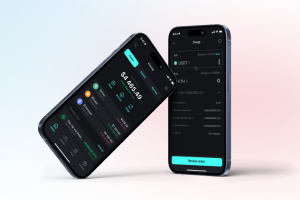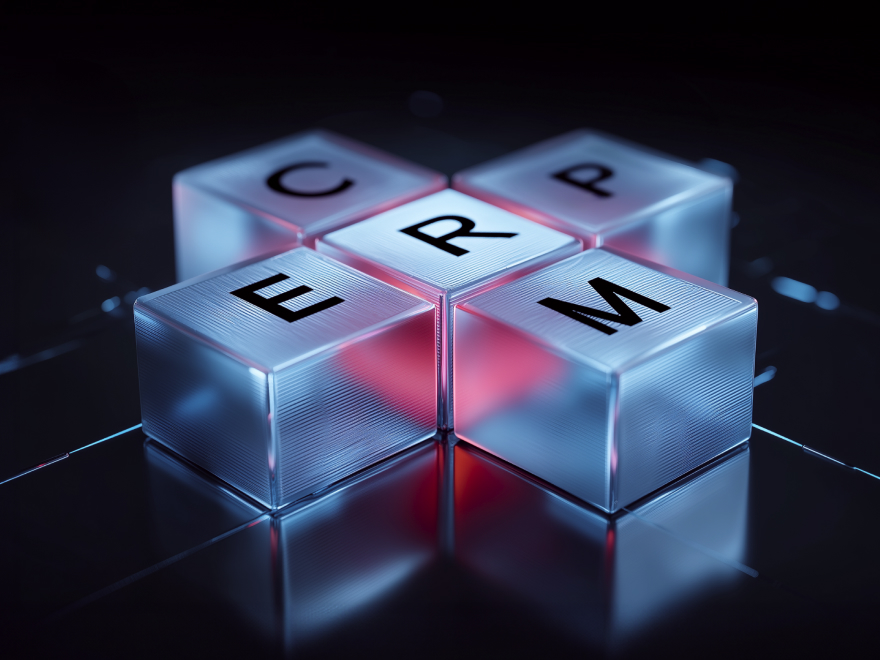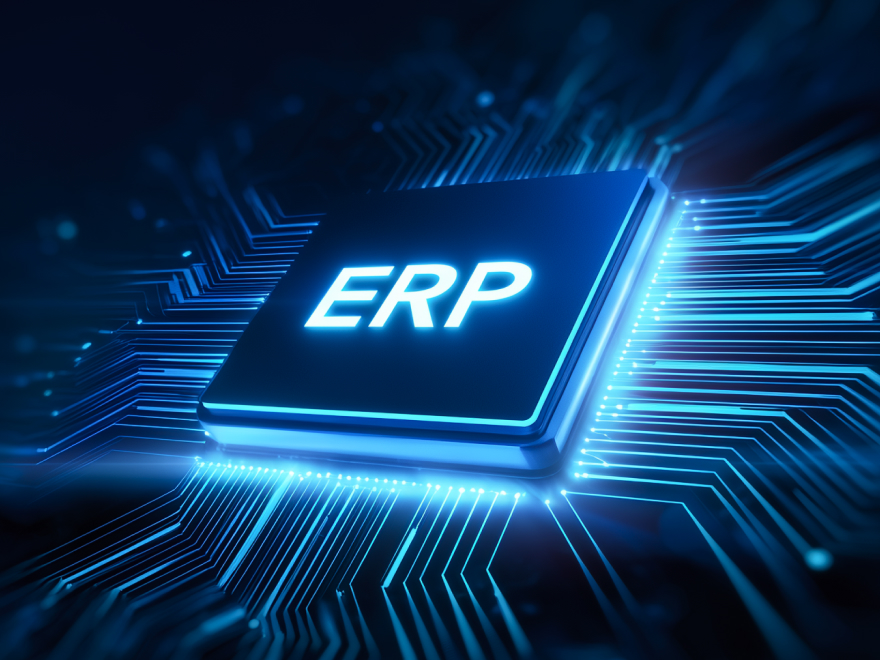Your message has been sent.
We’ll process your request and contact you back as soon as possible.
The form has been successfully submitted.
Please find further information in your mailbox.


In today’s digital landscape, safeguarding sensitive information is more crucial than ever. Enter data tokenization: a game-changing method in modern data security, providing a sturdy shield against cyber threats and breaches while also offering a new approach to data asset management exchange.
As businesses navigate an increasingly challenging and complex web of privacy regulations, data tokenization – a method that replaces sensitive data with non-sensitive placeholders, offering enhanced security without compromising usability – looks set to be the future of digital security. As the cornerstone of digital insurance, data tokenization guarantees privacy, compliance, and – above all – peace of mind for business owners.
Secure your sensitive data with Innowise’s cutting-edge tokenization solutions. Reach out to us today to discover how our expertise can help strengthen your organization’s security measures.
Data tokenization is a robust process designed to protect sensitive information while maintaining its utility for a wide variety of business operations. By substituting sensitive data elements with unique tokens, organizations can ensure a high level of data security – without sacrificing functionality.
The first step is to identify and categorize sensitive data that needs protection – think credit card details, social security numbers, medical records, and other personal or financial information.
Next, tokens are generated to replace the sensitive data elements. These tokens are unique and meaningless on their own – making them useless to anyone without authorized and explicit access to the tokenization system.
The generated tokens are then mapped to the original sensitive data within a secure tokenization system. This mapping is essential for retrieving the original data when necessary.
The original sensitive data is stored in a highly secure environment, separate from the tokens. This separation means that even if the tokens are somehow compromised, the actual sensitive data remains fully protected.
Finally, the tokens are used in place of the original data for processing and analysis. This allows businesses to operate normally while ensuring that sensitive information remains secure.
Data tokenization greatly mitigates the risk of data breaches by making sensitive information inaccessible. Even if tokens are intercepted, they’re essentially useless without the mapping data held securely within the tokenization system. This not only safeguards data but also permits secure data trading, resulting in the protection and control of sensitive information meaning businesses can trade data confidently and securely.
With the advent of tokenization, you can now trade your data and intellectual property on your own terms, turning it into a valuable asset. By creating and selling data tokens on decentralized platforms, individuals gain control over their personal information, choosing when and how to monetize it. This not only opens up a new way to make money but also boosts your privacy and ownership. You get to choose who can access your data and under which conditions, paving the way for a more transparent and user-focused data economy.
Tokenization helps businesses comply with various data protection regulations such as GDPR, HIPAA, and PCI DSS. By incorporating decentralized identification (DID) alongside technologies like SoulBound tokens – which securely store personal data – companies can minimize the exposure of sensitive data, lessen the scope of compliance requirements and avoid hefty fines.
Tokenization separates sensitive data from its usage context, limiting access to the original data. This separation reduces the risk of any internal threats and unauthorized access.
For businesses handling payment card information, tokenization reduces the scope of PCI DSS compliance – leading to lower costs and simpler audits, as fewer systems need to meet compliance standards.
Tokenized data is easier and more secure to manage and process. Businesses can leverage data analytics and processing benefits without exposing sensitive information – resulting in safer and more informed data-driven decision-making. Beyond simplifying data management, tokenization means your business has the opportunity to provide users with the convenience of data portability. Imagine switching healthcare providers and simply taking your data with you – no interruptions to care, and no avoidable headaches.
Tokenization puts users back in the driver’s seat of data management and transportability. They get to decide who’s given access to their information and set specific permissions: for example, in medical contexts, users can choose which doctors can view their records, resulting in a higher standard of privacy.
1. 45% of organizations consider tokenization the most effective tool for securing sensitive data in cloud environments.
Thales
2. 61% of IT leaders believe tokenization helps simplify compliance with data protection regulations.
Vanson Bourne
3. By 2025, organizations adopting tokenization will experience 50% fewer security incidents involving sensitive data compared to those using traditional encryption alone.
Gartner
In the finance sector, tokenization is used to protect credit card transactions, account numbers, and other financial data. By converting sensitive information into tokens, banks and financial institutions can securely process transactions and reduce the risk of fraud.
Healthcare organizations utilize tokenization to safeguard patient records and medical information. This method ensures that sensitive health data remains confidential and compliant with regulations – such as HIPAA – while still being accessible for treatment and research purposes.
Retailers and e-commerce platforms utilize tokenization to secure customer payment information and personal data. This approach not only safeguards consumers, but also helps businesses comply with PCI DSS and other data protection standards.
When it comes to securing sensitive information, both data tokenization and encryption offer distinct advantages. Understanding the differences between these two methods is essential for selecting the most suitable security measure for your needs.
The following table provides a comprehensive comparison to help you make an informed decision:

Blockchain domain expert & DeFi analyst at Innowise
Honeywell Aerospace leveraged Hyperledger Fabric to create an online marketplace for aircraft parts. This blockchain solution boosts supply chain transparency, reduces purchase time, and helps in establishing comprehensive anti-counterfeiting measures – resulting in secure and efficient transactions.
Walmart incorporated Hyperledger Fabric into its food supply chain management system to ensure the authenticity and safety of its food products. By utilizing blockchain, Walmart achieves unparalleled transparency and traceability from farm to table, improving consumer trust and bolstering product safety.
Ernst & Young’s OpsChain solution uses Zero-Knowledge Proofs to enhance supply chain management with improved privacy and security. This application ensures that transactions, product histories, and other sensitive data remain private and secure throughout the entire supply chain network.
Predictive analytics draws from a diverse spectrum of data types: from structured data such as patient demographics and lab results to unstructured data like doctor’s notes and medical images. Time-series data reveals trends, transactional data tracks patient flow, and geospatial data maps disease outbreaks, while behavioral data offers unique, evidence-based insights into patient actions. Combining these data types provides a comprehensive, all-in-one view of a patient’s health status.
In banking, tokenization secures sensitive financial information – such as credit card numbers and account details – by substituting them with tokens. This reduces the risk of fraud and unauthorized access during transactions.
Yes! Data tokenization can facilitate and simplify compliance with data protection regulations – such as PCI DSS, GDPR, and HIPAA – by reducing the exposure of sensitive data and minimizing the scope of compliance.
Implementation hurdles might include smoothly integrating tokenization with existing systems, managing the tokenization process, and ensuring that the tokenization system itself is secure and scalable.
Although it’s hard to predict where this exciting field might lead, data tokenization is likely to become more advanced with developments in blockchain technology and artificial intelligence – offering even more robust and scalable solutions for data security across various industries.

Rate this article:
4.8/5 (45 reviews)












Your message has been sent.
We’ll process your request and contact you back as soon as possible.

By signing up you agree to our Privacy Policy, including the use of cookies and transfer of your personal information.